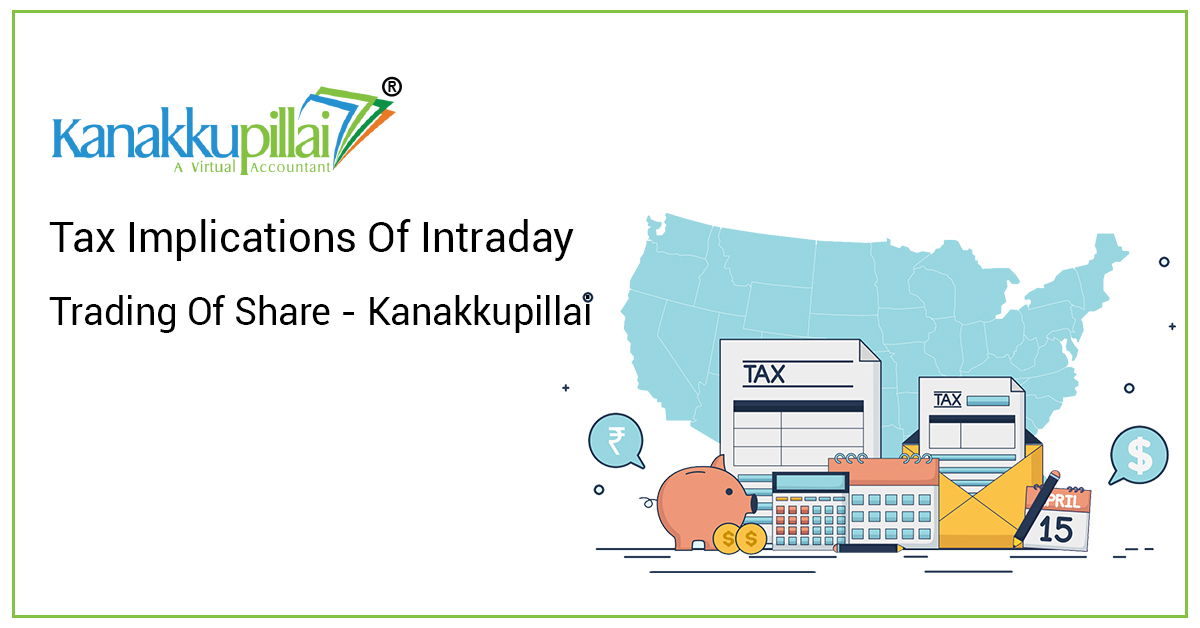Intraday trading is also known as Day Trading. As the name suggests it is simply the buying and selling of stocks on the same trading day. When we analyse the market, we can see that based on various elements the share prices keep fluctuating throughout the day, and what a trader does here is to utilize these price fluctuations for booking profits by buying and selling shares during the same trading day. Hence, an intraday trader would book the profits before the market closes on the day.
As intraday trading has 5-6 hours a day for completing buying and selling, the same can be opted only by those traders who are self-driven, risk-takers, and knowledgeable about the market progress.
Intraday trading is conducted using online platforms, and when a trader is buying stocks for a company he or she will have to specify, ‘intraday’ in the portal of the platform used. With this, the trader can sell or buy the same amount of the stocks on the same day before the market closes, and the major purpose of the trader here will be to utilize the movement of market indices during a day and book the maximum possible profits.
Often, it is said that a long-term investor can reap the maximum number of profits from the stock market and stock market trading. But profits can be booked during short-term also as in this, with the movement of the market indices, when the price goes high the trader can easily book the profits.
Say you bought 1,000 shares at INR 1,000 in the morning, and during the day, the prices went high to INR 1,100. Here, along with the principal amount spent, you can book a profit of INR 1,00,000 (1000 shares*INR 100). And this can be made possible only through intraday trading.
Features of Intraday Trading
During the day, on the online trading platform where you have specified ‘intraday trading’, you should be taking a position as a trader and closing the stock within the trading hours of the same day. If you fail to do so, the position will be squared off automatically on the basis of the closing market price of the share chosen. The trader will not be awarded ownership of the shares in intraday trading as its major purpose is to reap the maximum benefit from the price movements during the day.
Taxation of Intraday Trading
Unlike investment, where the trader takes delivery of shares and holds them for at least a day, the intraday trader only trades the shares during the same day within the span of the market’s opening and closing. They are not interested in holding the stock for the long term based on the prospects of the underlying stock but are keen on the gains they can make within a day. For this reason, it can be termed a speculation transaction, making it a business income.
In case the trader fails to book a profit, the broker will square off the trader’s position or convert the same into a delivery trade. The transaction settlement will be made without any delivery of shares, due to which the profit or loss booked from speculation trading will be taxable under the heading ‘Income from Business or Profession’. It is referred to as speculative transactions. The trader can also claim or deduct any expenses from the profit booked, which can include broker commission, telephone expenses, or other incidental charges related to intra-day trading.
During the filing of ITR (Income tax Returns), the income earned by the income taxpayer from all five heads—income from Salary, Income from House Property, Income from Capital Gains, and Income from Other Sources—along with Income from Business or Profession will be added to form the gross total income, forming the taxable income, on which taxes will be calculated as per regular income tax rates.
Suppose if the trader has a speculative loss, then the taxpayer can deduct the same from the speculative income. If there is any balance loss after such adjustment, then it can be carried forward and set off against any succeeding assessment years’ speculative income. It should be noted that such a move forward is only allowed for up to four subsequent years, and it cannot be adjusted against another business income. ITR 3, which is for individuals and the HUFs who earn income from carrying a profession or from a proprietary business, is often used to file income from speculative transactions.
At the same time, in investment, the sale will give rise to long-term or short-term capital gains, which would be based on the holding period of such shares. If the stocks are held for more than 1 (one) year, then they will be classified as long-term, and if held for less than a year, they will be classified as short-term.
Thus, we can conclude that intraday trading is an easy way to book profits by using market indices. Anyone who wants to earn some quick profits by using market and price fluctuations should opt for intraday trading rather than choosing any investment options.





